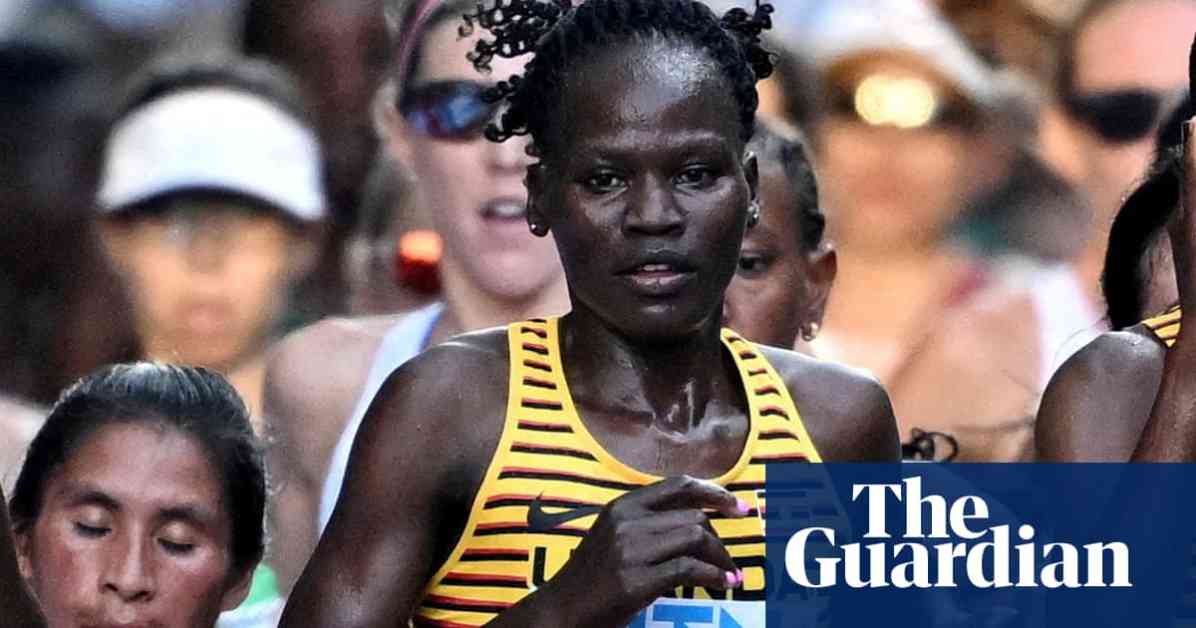The tragic death of Ugandan athlete Rebecca Cheptegei has shocked the sports world and brought attention to the issue of domestic violence in Kenya. Cheptegei, who competed in the marathon at the Paris Olympics, suffered severe burns in a horrific attack by her former partner, Dickson Ndiema Marangach. Marangach, who was accused of dousing Cheptegei in petrol and setting her on fire, also succumbed to his injuries, passing away in a Kenyan hospital.
Details of the Attack
The incident occurred on September 1, when Marangach allegedly carried out the brutal attack on Cheptegei, leaving her with burns covering over 75% of her body. Despite the best efforts of medical staff at the Moi Teaching and Referral Hospital in Eldoret, both Cheptegei and Marangach tragically lost their lives as a result of the injuries sustained in the attack.
The shocking nature of the attack has prompted widespread condemnation and calls for justice for Cheptegei. The running community in Kenya, in particular, has been deeply affected by the loss of a talented athlete and the circumstances surrounding her death.
Implications for Women in Sports
Cheptegei’s death has once again highlighted the risks faced by female athletes, not just in Kenya but around the world. The exploitation and violence that women in sports can be subjected to are a grim reality that must be addressed. The tragic end to Cheptegei’s life serves as a stark reminder of the dangers that female athletes can face, both on and off the field.
Rights groups have long warned about the risks faced by female athletes, particularly in countries where prize money and fame can attract unwanted attention. The case of Rebecca Cheptegei is a tragic example of how these risks can have devastating consequences.
Domestic Violence in Kenya
The issue of domestic violence in Kenya is a serious concern, with government data showing that nearly 34% of girls and women aged 15-49 have experienced physical violence. Married women are particularly vulnerable, with 41% reporting incidents of violence.
The 2022 survey also found that female athletes in Kenya are at a high risk of exploitation and violence, with the lure of prize money often attracting unscrupulous individuals. The tragic death of Rebecca Cheptegei has once again brought this issue to the forefront, sparking a national conversation about how to better protect women in sports.
Global Impact
The UN Women study, which revealed that a woman is killed by someone in her own family every 11 minutes globally, underscores the urgent need for action to address domestic violence. The tragic deaths of Rebecca Cheptegei and Dickson Ndiema Marangach serve as a stark reminder of the devastating consequences of gender-based violence.
As the sports world mourns the loss of a talented athlete, it is crucial that we also reflect on the broader implications of this tragedy. The fight against domestic violence must be a collective effort, involving governments, sports organizations, and communities working together to ensure the safety and well-being of all individuals, regardless of their gender.
In conclusion, the deaths of Rebecca Cheptegei and Dickson Ndiema Marangach are a heartbreaking reminder of the dangers faced by women in sports and the urgent need to address domestic violence. Their tragic end should serve as a catalyst for change, sparking a renewed commitment to protecting athletes and individuals from harm. It is only through collective action and a commitment to justice that we can hope to prevent such senseless tragedies from occurring in the future.












